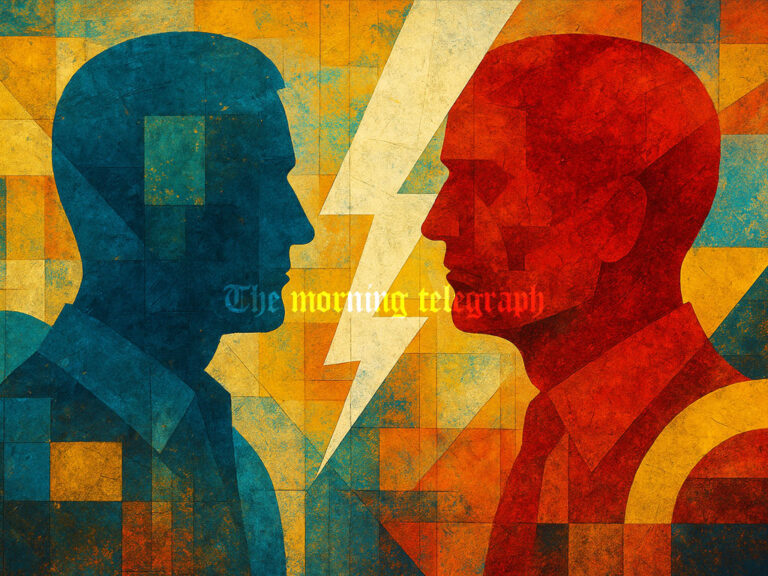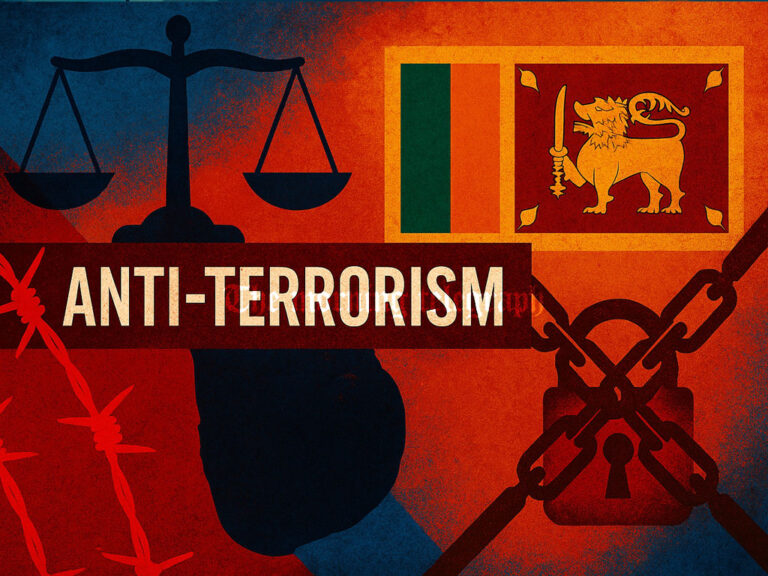
Elon Musk, the world’s richest man and one of the most influential tech moguls alive today, is no stranger to public scrutiny. Known for owning Tesla, SpaceX, and X (formerly Twitter), and for his growing influence over global affairs, Musk is often referred to as the “unofficial US president.” But in a rare and candid conversation, his father, Errol Musk, shares a different perspective on the man behind the power.
Speaking via Zoom from his beachside home in Cape Town, Errol Musk appeared calm and open. He revealed that he had spoken to Elon just the day before the interview, when Elon sent him money to help purchase a twin-engine plane. “I was a little short on money. So he sent me some money to buy it. I said thank you,” Errol recalled, describing it as a simple, matter-of-fact interaction.
Born in 1971 in Pretoria, South Africa, Elon was raised in a household split between two ambitious parents—an engineer father and a model mother. After their divorce, Elon lived mostly with Errol until he moved to Canada in 1989. Errol described Elon as a “no-nonsense kid” who always got what he wanted and who, from a young age, displayed a relentless desire to be the best.
That desire has shaped Elon’s rise to become not only the CEO of multiple high-profile companies, but also an advisor to the U.S. president and the head of a newly established Department of Government Efficiency (DOGE). According to The Wall Street Journal, his net worth as of February 2019 was a staggering $419.4 billion.
But behind the triumphs lies a difficult past. Elon has spoken openly about being bullied both at school and at home. In interviews and biographies, including those by Ashley Vance and Walter Isaacson, Elon and his brother Kimbal have described their father as verbally abusive and emotionally harsh. Kimbal recalled that Errol would yell for hours and demean them with insults. In a 2017 interview, Elon referred to Errol as “a tough guy.”
Errol, however, claims he doesn’t understand why his children say these things. “I talk to him a lot now. I’m sure he’ll apologize when the time comes,” he said, suggesting that the family dynamic was complicated by rivalry. He also pointed to his military background, saying the discipline he endured shaped his tough demeanor. “They tell you you’re dumber than a snail. You have to pick yourself up. As a result, you become a stronger man.”
The parallels between father and son are striking. Both are businessmen, both are divisive public figures, and both have large families. Errol has seven children, while Elon is believed to have 14. Errol admitted that Elon’s intense work schedule causes him to neglect some of his children, though he claims to make an effort to treat all of his kids equally.
During the interview, Errol momentarily forgot about his fourth daughter—born to Jana Bezuidenhout, who had once been his stepdaughter. Jana joined the Musk household at age four when Errol married her mother, Heidi. Errol and Jana later had two children together, even though he was in his 70s at the time. The relationship, understandably, caused tension between Errol and Elon, though Errol says they have since reconciled.
On the subject of politics, Errol acknowledged concerns about Elon’s sometimes inflammatory remarks—such as calling the Polish foreign minister a “little man.” “I worry about everything Elon or any other kid says. Because I’m afraid they’ll get in trouble,” he admitted. He shared a childhood anecdote: “I told him not to call adults stupid, and he said, ‘Why? They are stupid.’ I told him, even if they are, you don’t say it.”
Errol believes that while Elon commands political influence, he isn’t cut out for traditional politics. “He’s a technical guy. He wants everything to be logical,” he explained. Elon, he says, finds it hard to work with people he considers intellectually unqualified, even if they are popular or powerful. “You have to work with people who are popular but completely stupid.”
Despite this, there are political figures whom the Musk family reportedly respects—among them, Russian President Vladimir Putin. “It’s hard not to respect Putin as a person, not just in international politics,” Errol said. When asked whether Elon shares that view, he replied affirmatively. He also downplayed Russia’s invasion of Ukraine, stating, “Only time will tell who started it,” despite overwhelming evidence of Russian aggression.
Throughout the conversation, Errol offered a mix of pride, defensiveness, and the occasional awkward smile. Speaking from a spacious room with a billiards table in the background, he repeated several times, “We have everything,” in response to questions about Elon’s motivations. He insisted that money is not what drives the family.
In a more humanizing moment, Errol revealed that Elon still struggles with public speaking. “He feels like he’s been let down. He still has a lot to learn about being on stage in front of a crowd,” he said. “He says what he has to say as quickly as he can.”
In the end, Errol described his son as someone who defies expectations. While the world sees a titan of industry and an informal world leader, Errol sees a man who remains deeply shaped by his past—still shy, still blunt, and still not quite suited for the political spotlight.
“He’s a shameless man in some ways,” Errol said, “but not a political one.”




